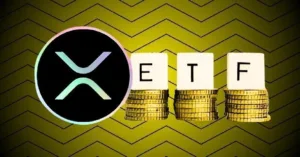In cryptocurrencies, a change address is where the change from a transaction is temporarily stored before it is returned to the sender wallet.
Sometimes, in cryptocurrency transactions, inputs cannot be precisely calculated to the exact amount requested by the transaction. In such cases, the sender address sends more funds than requested by the transaction. However, the difference between the requested amount and the amount stored in the input is what is called change. This change is temporarily stored in a change address and then refunded back to the sender’s wallet address.
In this sense, change addresses are a very valuable part of the cryptocurrency ecosystem because they allow for fair interactions between wallets. Without change addresses, it wouldn’t be possible to transfer exact amounts between wallets. What’s more, users don’t even see that change addresses exist. While this process happens more often than we might think, it is a background calculation performed by the blockchain itself.
You can see your change address and how much of the funds you’ve sent have gone through it. However, no action is required on your part. The blockchain calculates how much a sender is inputting and what the necessary output is. If the input is insufficient, the transaction will fail. If the input is larger than the requested output, the blockchain will send the remaining funds to a change address. Seconds later, these funds will be returned back to the sender’s wallet.
If you are curious to see your change address, you can easily view it in the details about any transaction you’ve made. The change address is visible, even if it was not used in the given blockchain interaction.




